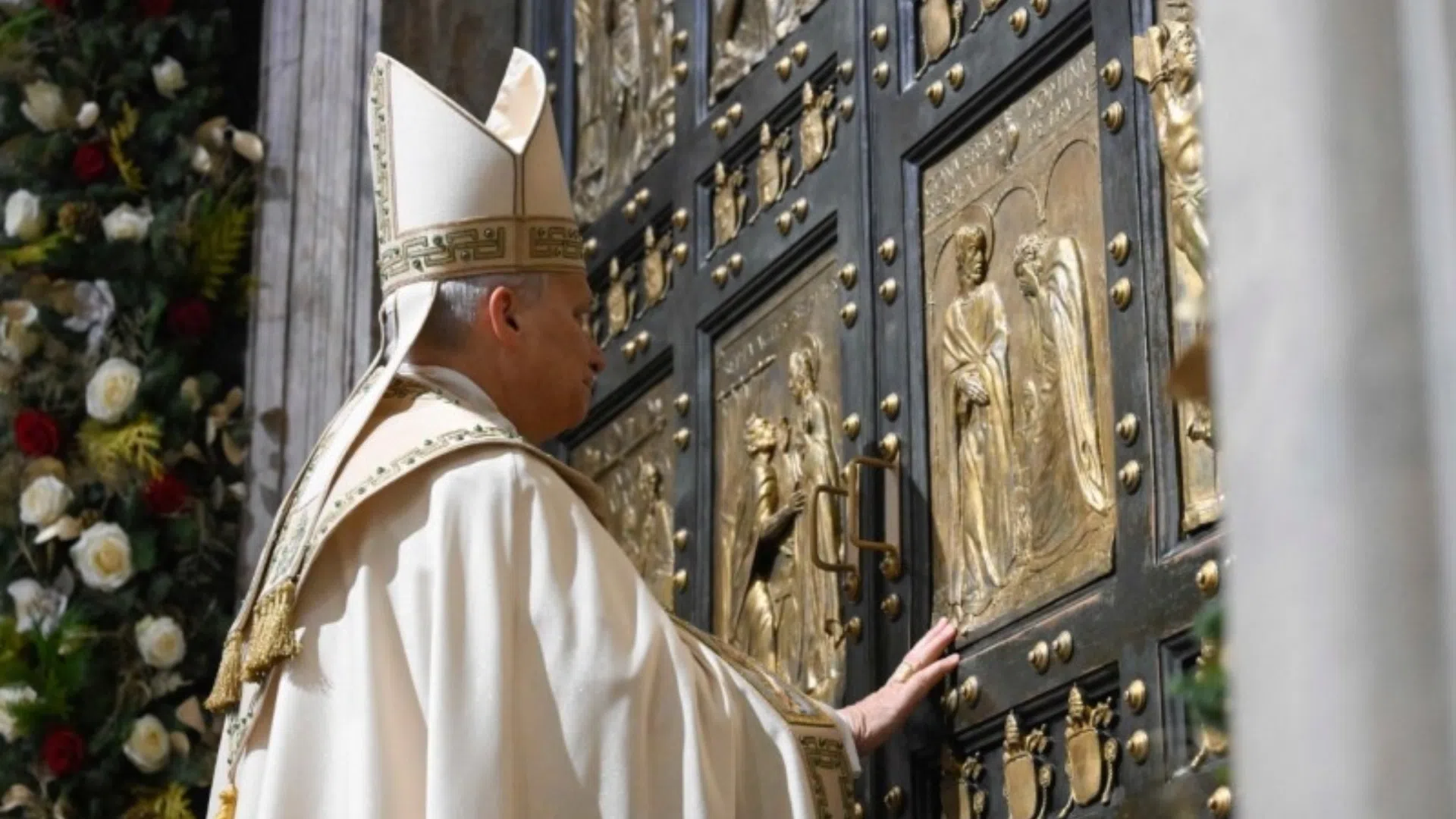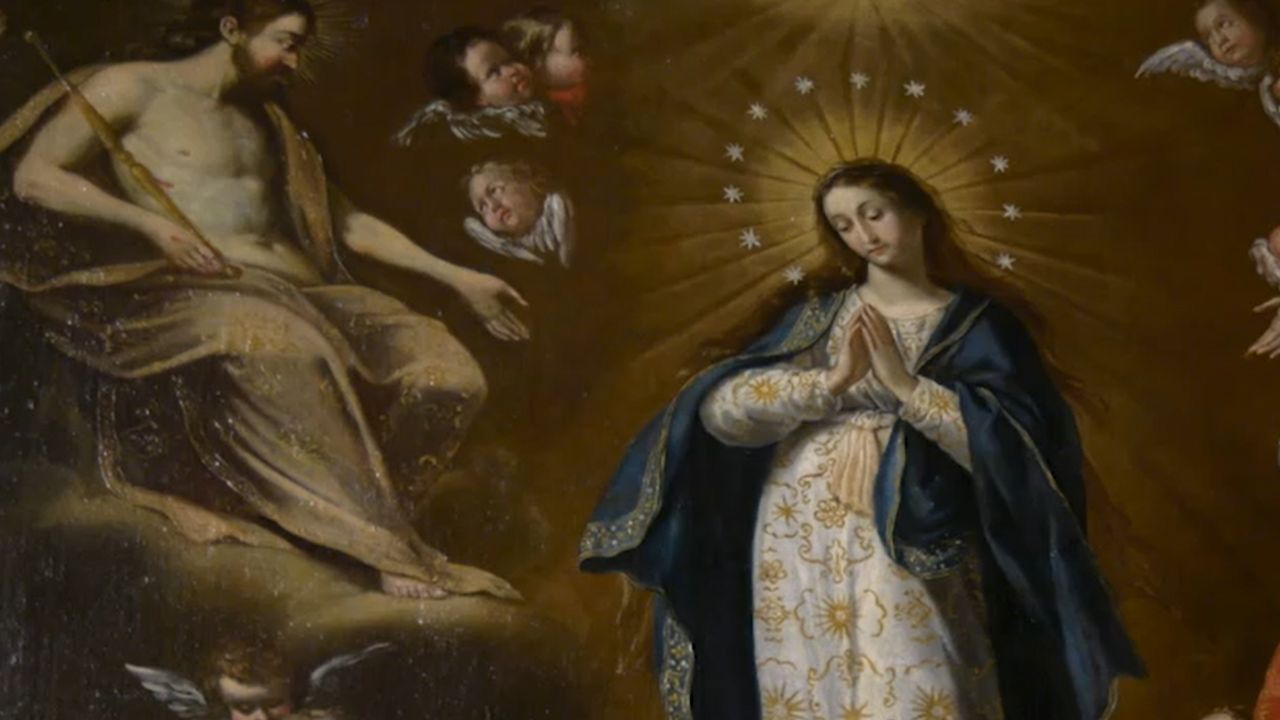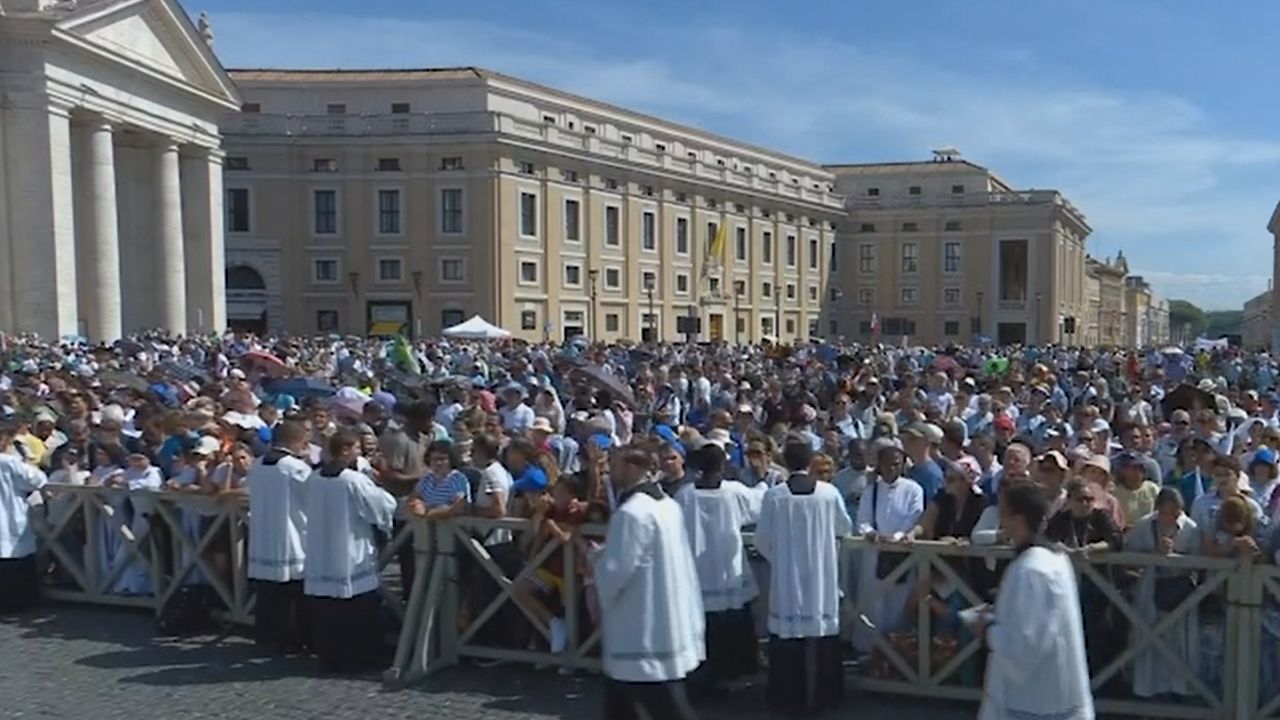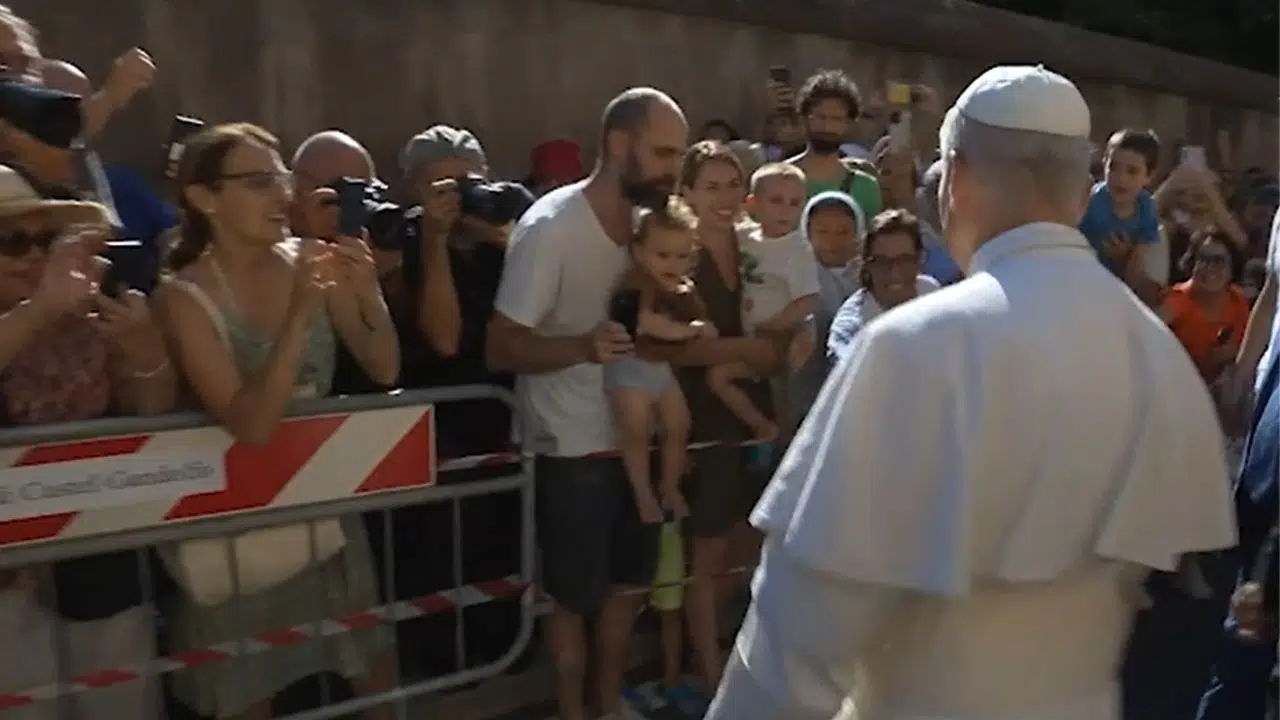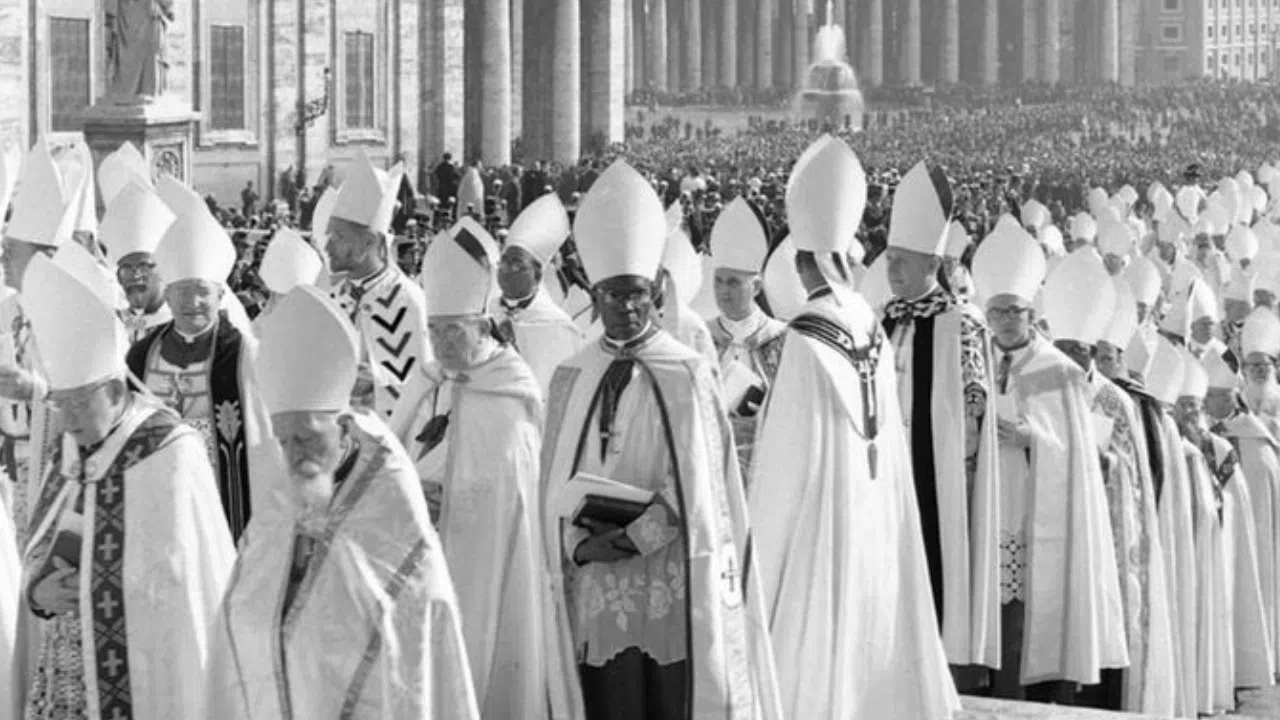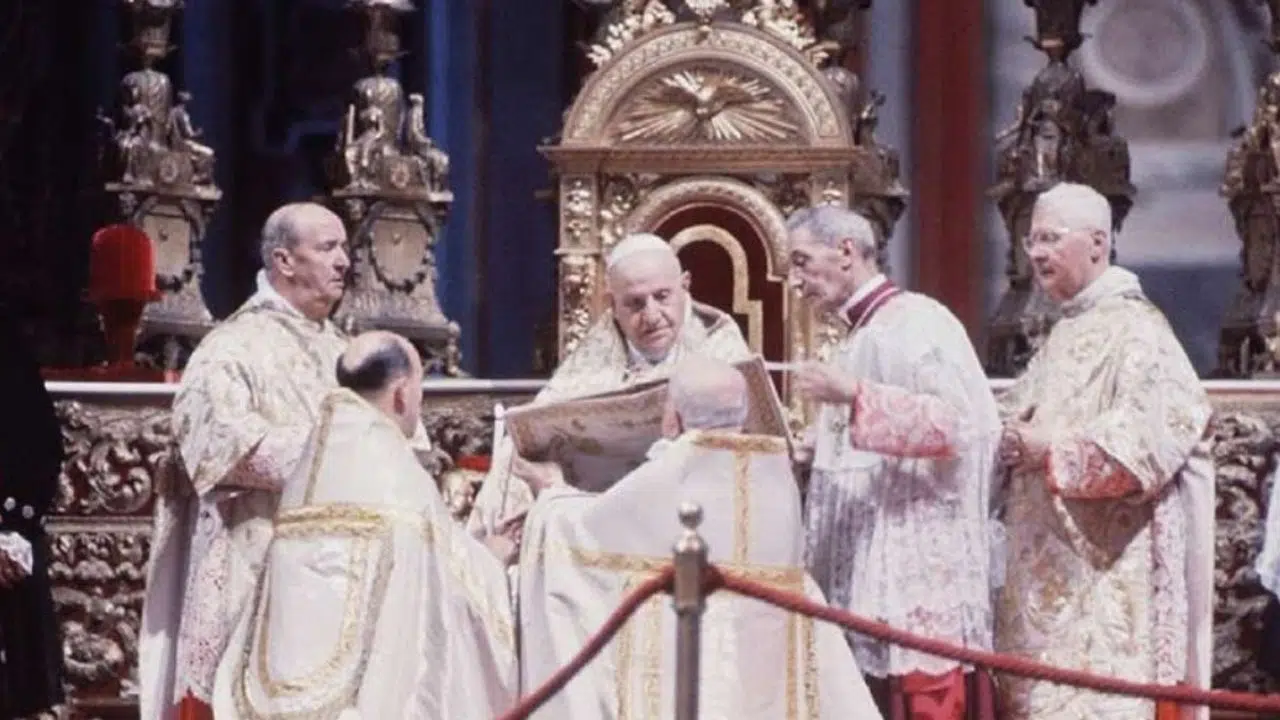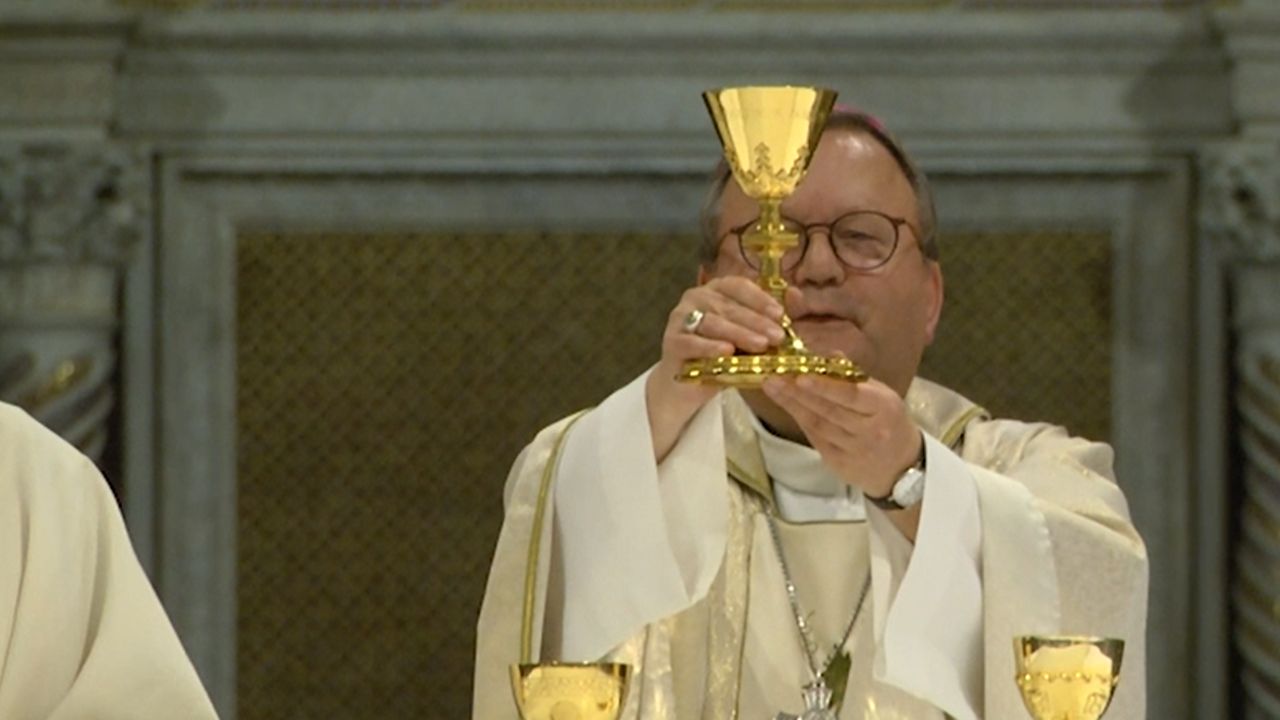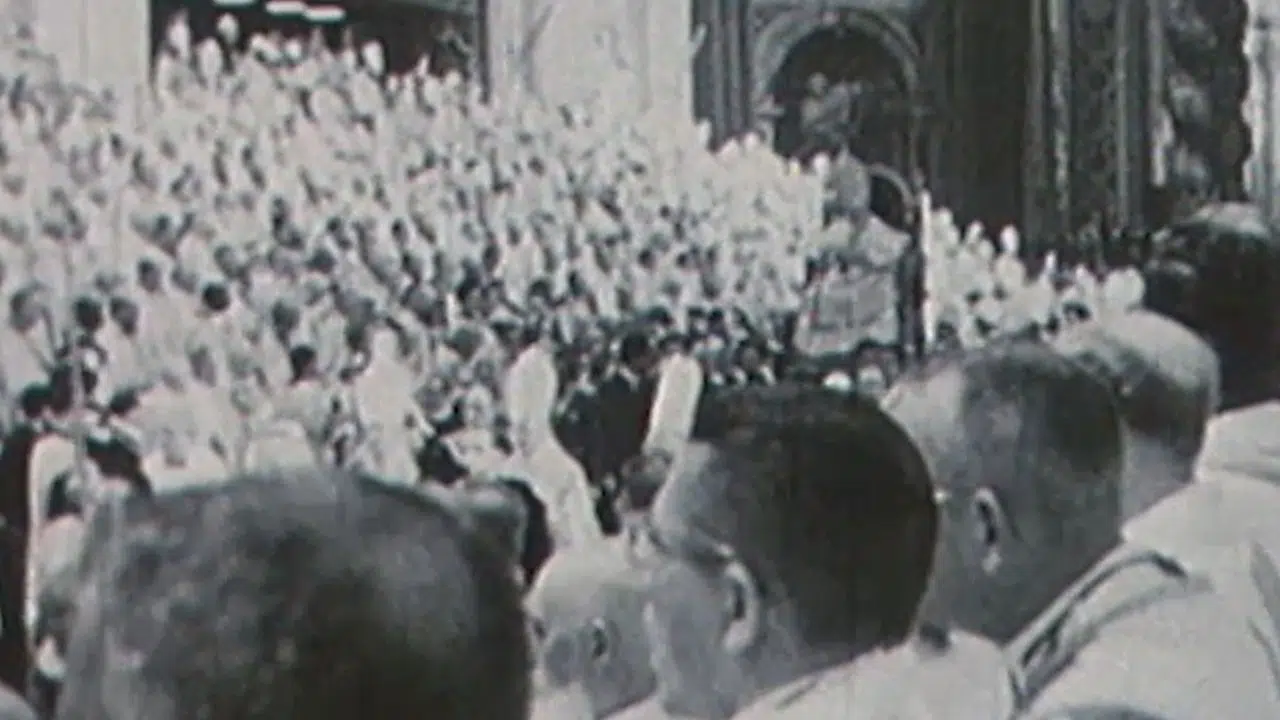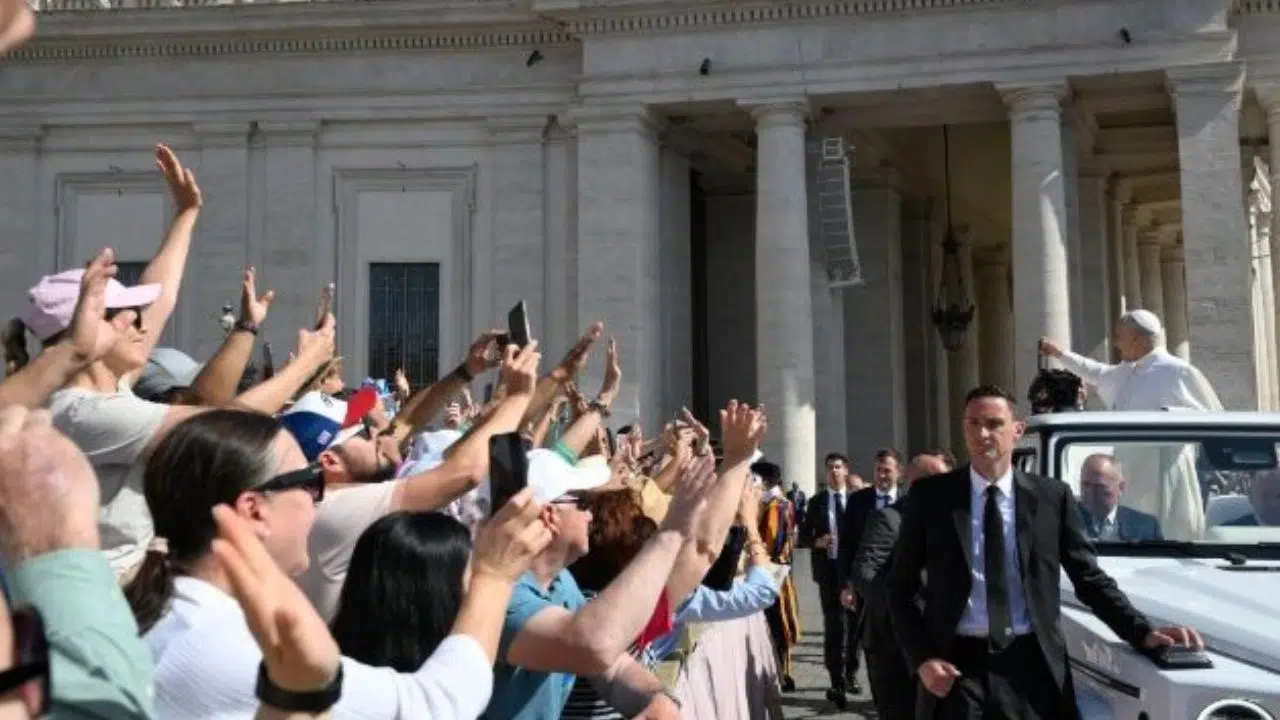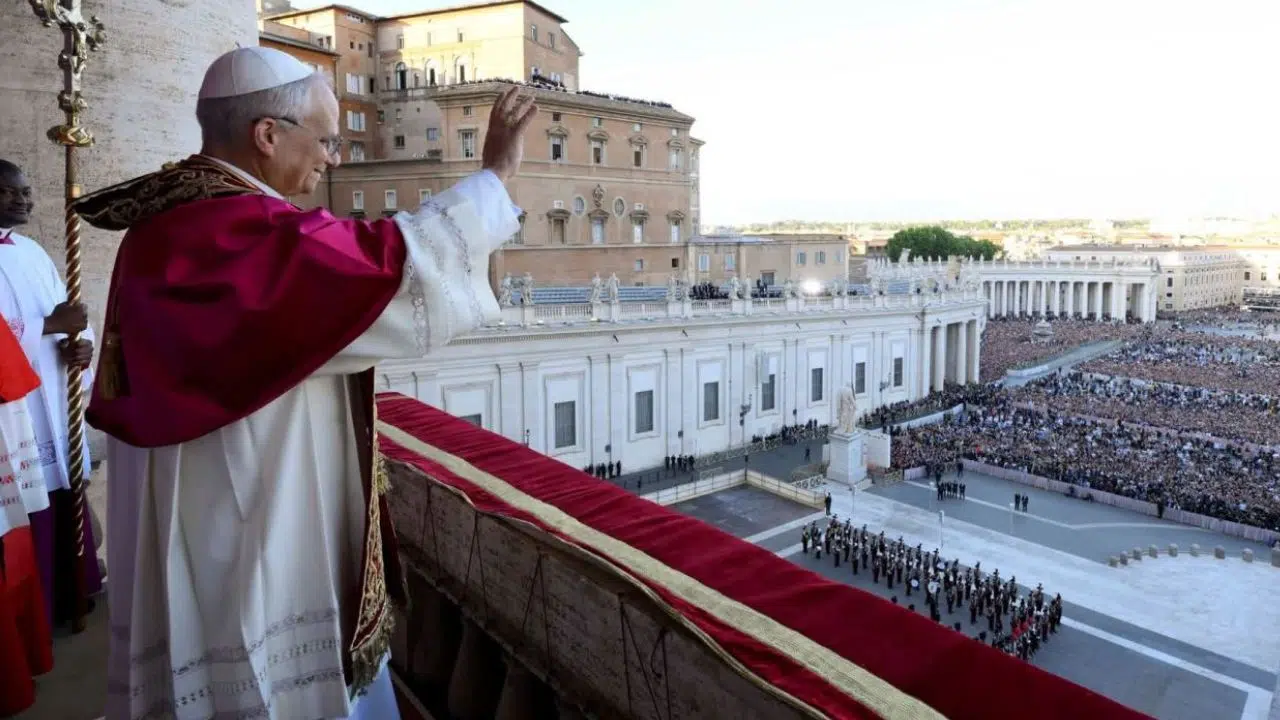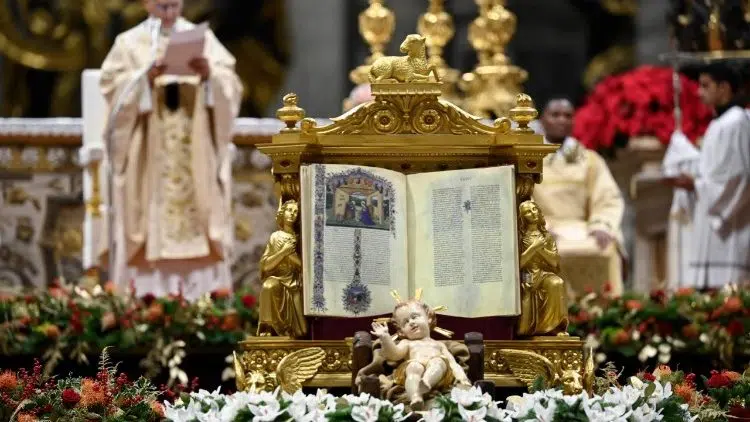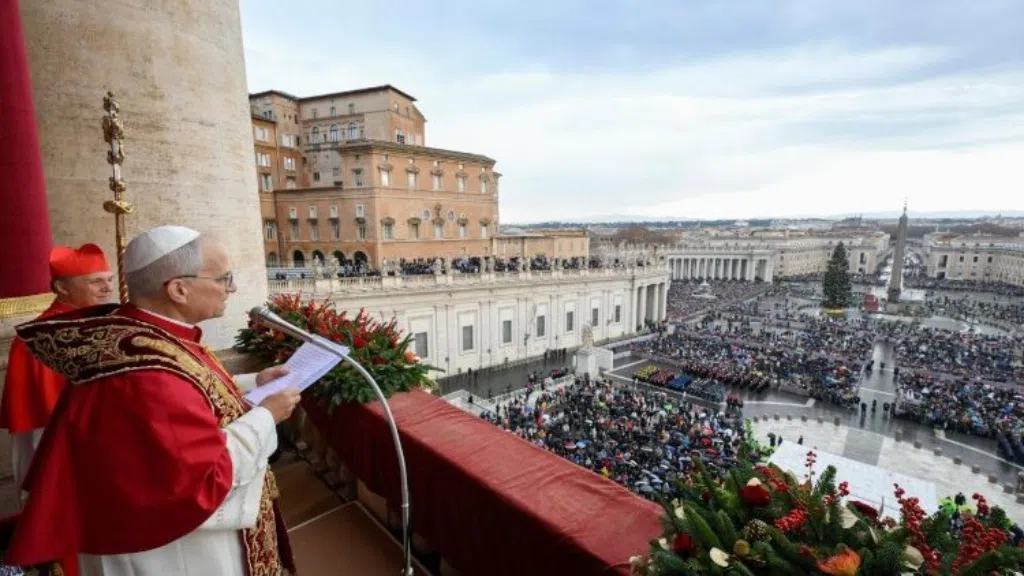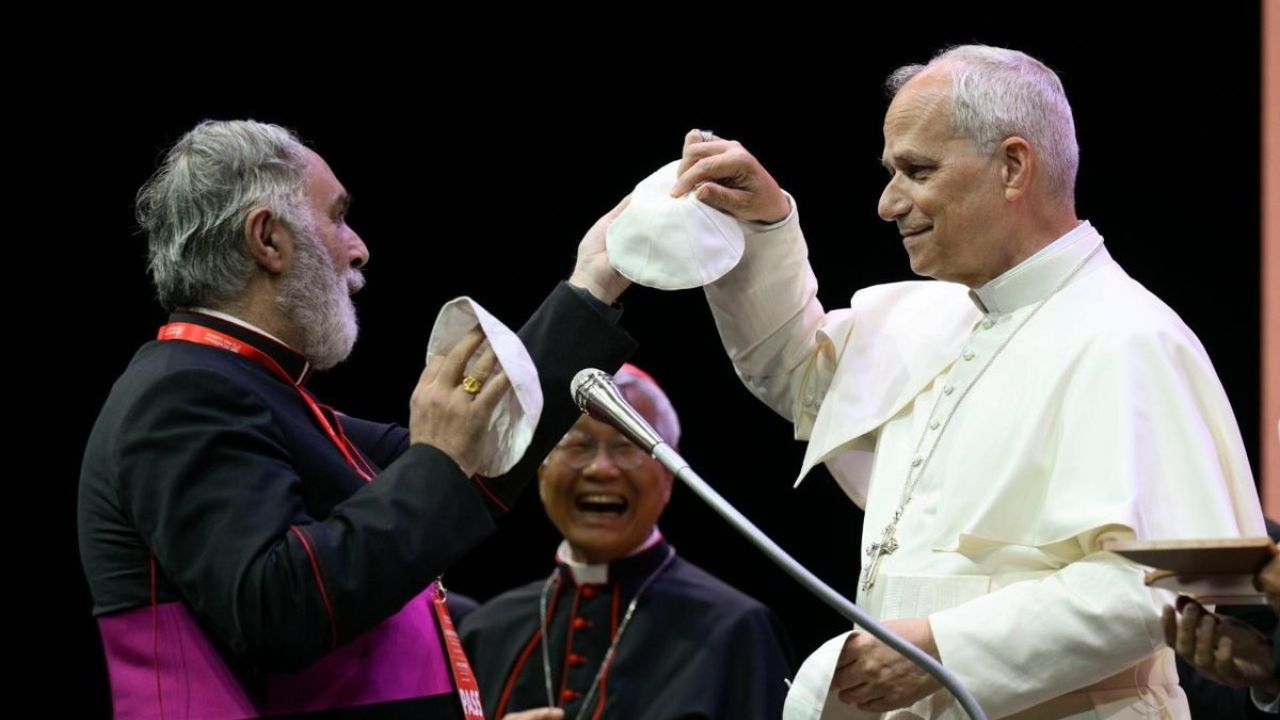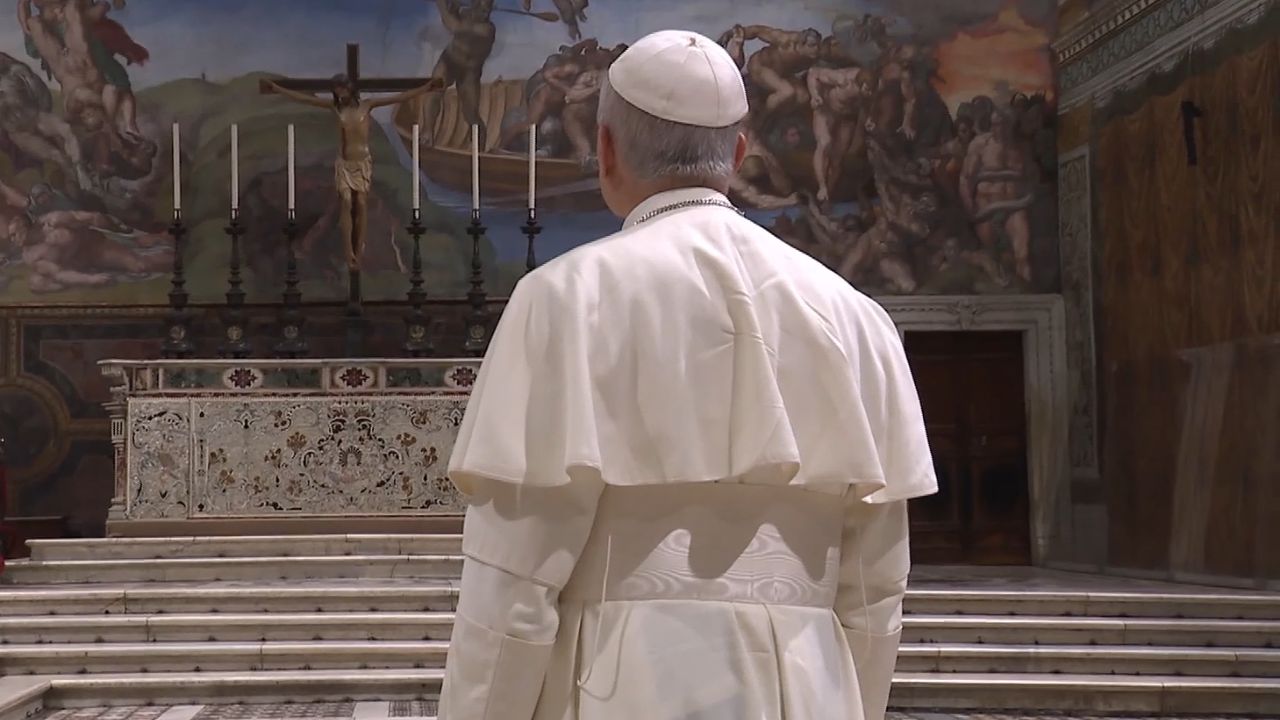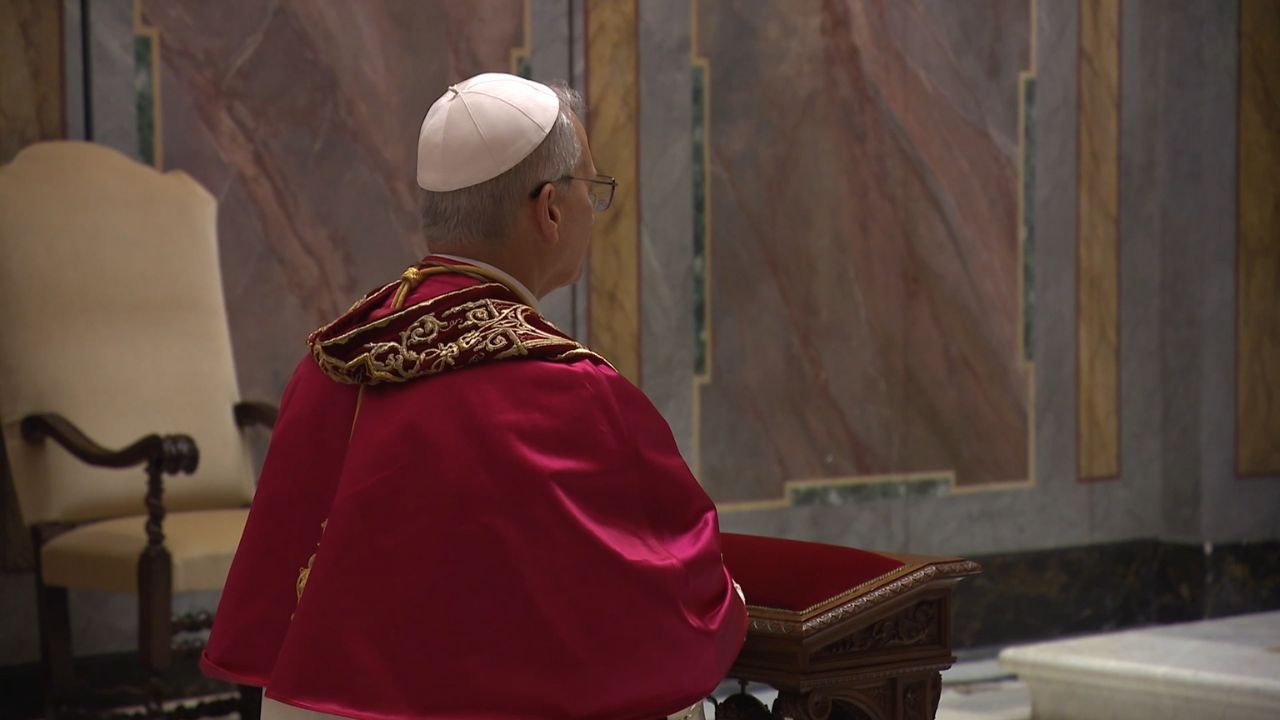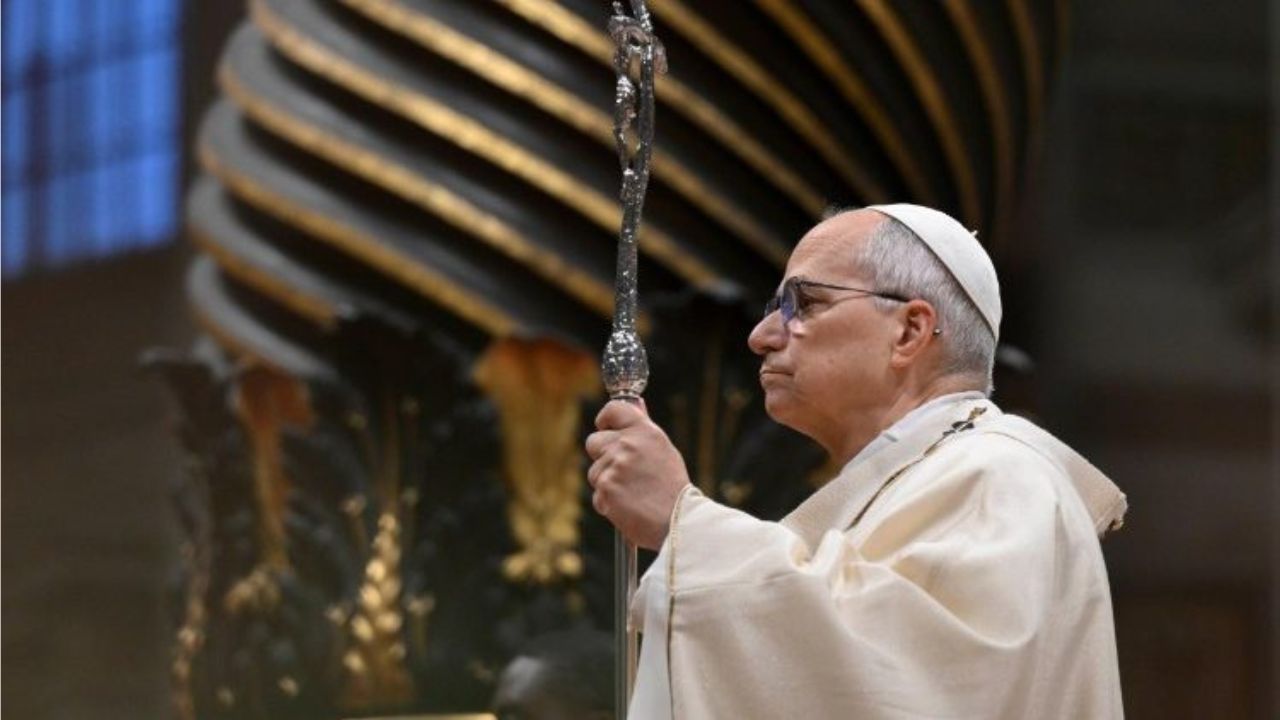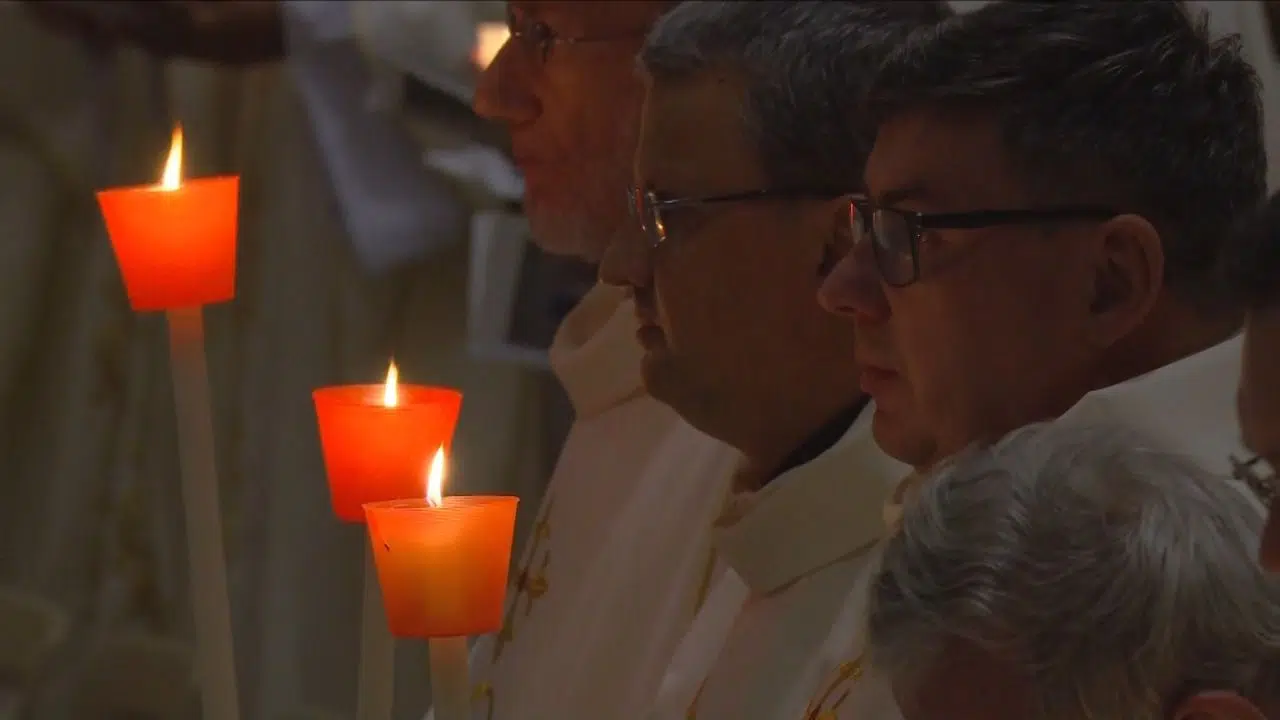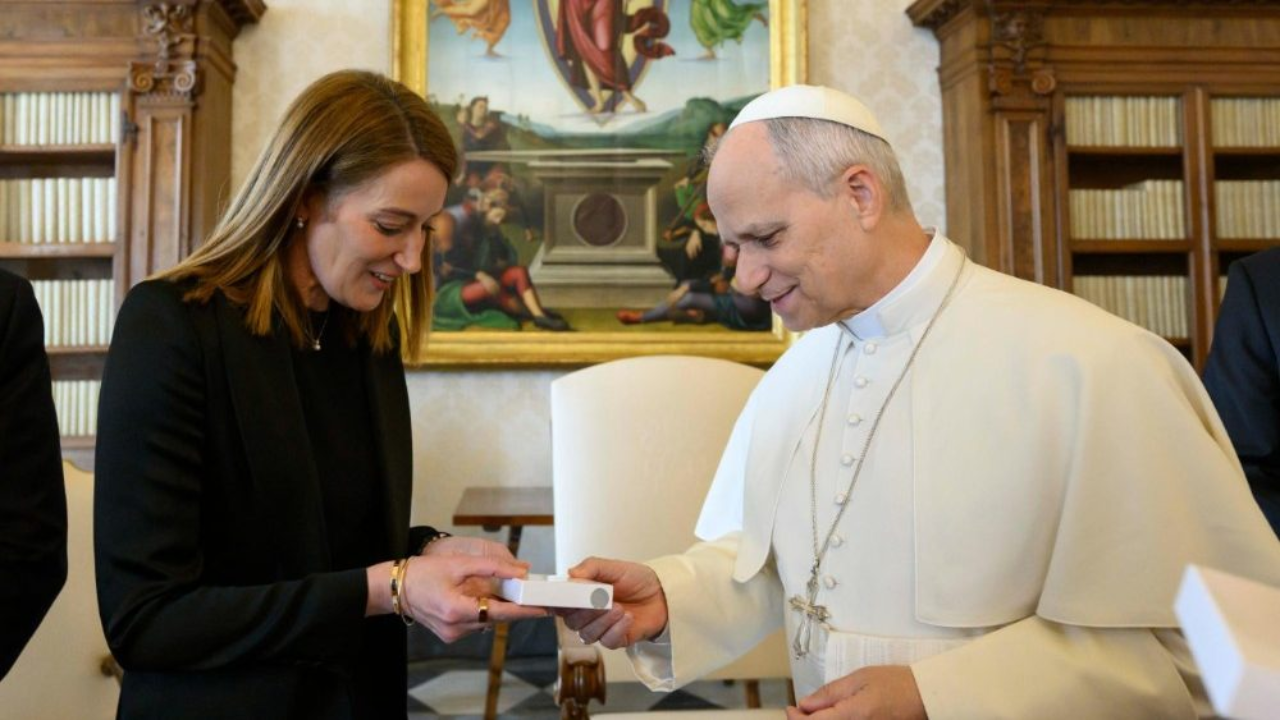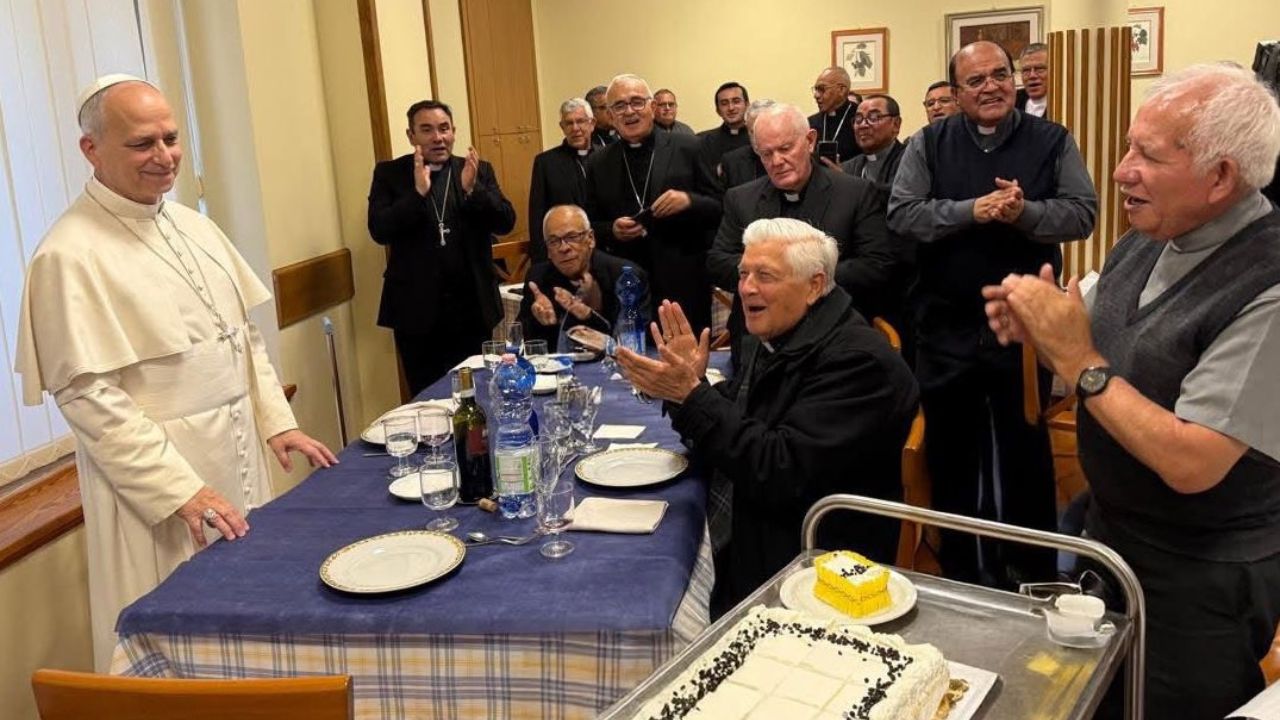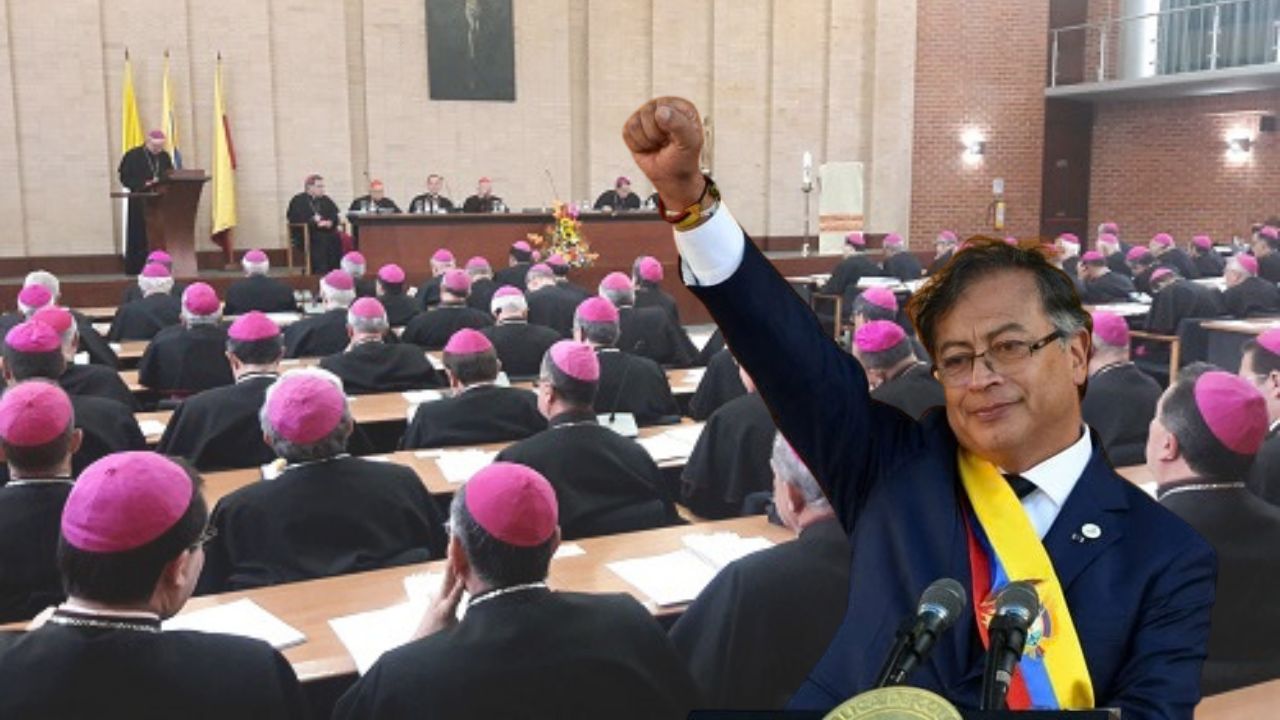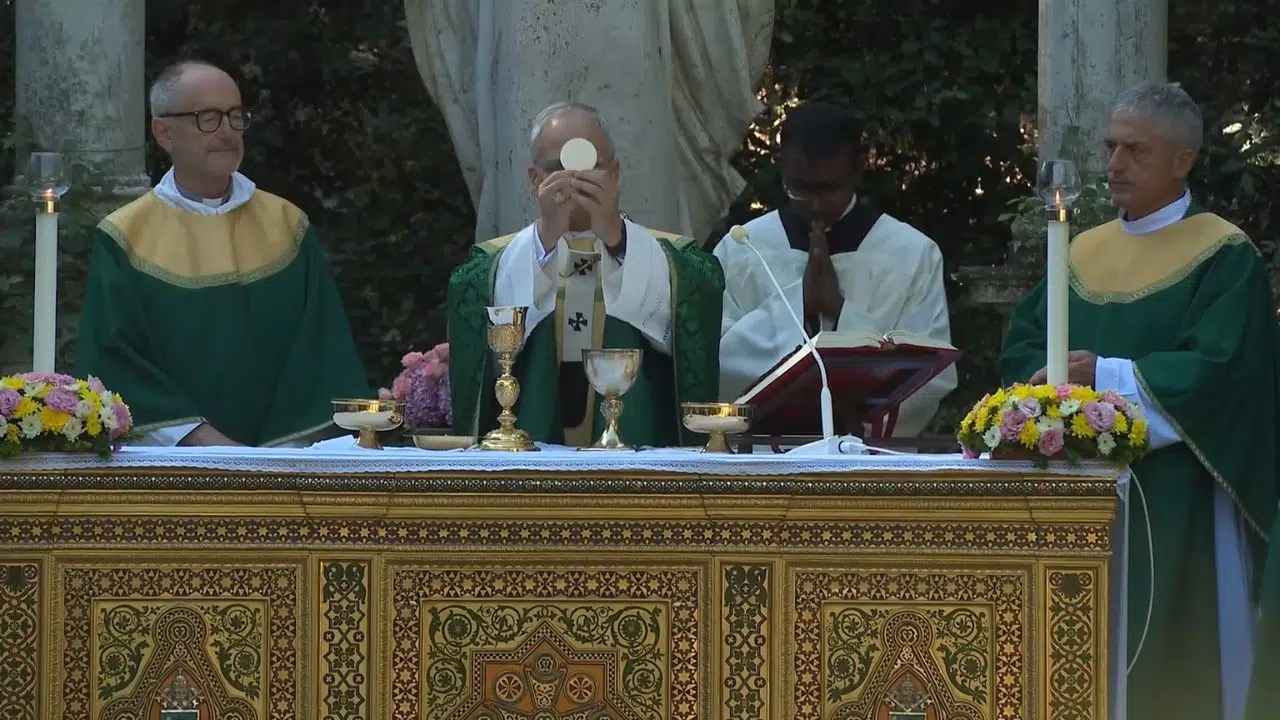Two decades have passed since the initial spotlight cases of clerical abuse broke in Boston, Massachusetts and revealed the extent of sexual abuse within the global, Catholic Church.
Multiple changes have been made since then to the Church's legal structure regarding the reporting procedure for abuse, ramifications for cover-ups, and the cooperation between the Church and State regarding allegations. However, many people around the world still wonder if the Church's leadership has done enough.
Pope Francis, throughout his papacy, fought to reform the Church's systems in order to combat the horrific deeds of the past. In Chile, he personally commissioned an investigation and visited the bishop's conference, who would eventually all resign.
POPE FRANCIS
The shame I feel at the irreparable harm caused to children
Over the past five years, there have been several conferences, new institutions and task-forces created to prevent abuse and encourage safeguarding within the Church.
FR. HANS ZOLLNER
We have made steps. We have, for example, a new law that for the first time spells out a system of co-responsibility, co-accountability of bishops when it comes to negligence and the duty of office, not in abuse, but in how bishops and provincials deal with allegations of abuse.
However, even the new pope recognized recently that there is still much work to do within the Church. In an exclusive interview to the digital magazine, Crux, Pope Leo XIV address the crisis of abuse and noted:
POPE LEO XIV
It's not solved if you will, and this will continue to take time because the victims must be treated with great respect and with the understanding that those who have suffered very deep wounds because of abuse, sometimes carry those wounds for their entire life.
Alongside the reform of victim reporting and judicial processes, there is a more complicated change that has to take place. The director of the Institute of Anthropology at Rome's Gregorian University, Father Hans Zollner, dove into the issue of differing cultures and the vastness of the Church.
FR. HANS ZOLLNER
Director of Anthropology Institute
I don't dare to say that “the Church” has kept it's promise. Because “the Church” is very diverse – if you look into the 112 bishop's conferences, the thousands and thousands of religious congregations and orders, and the 200,020 Catholic schools and so forth and so forth. So we are not a uniform body, there is a huge diversity in the speed and how these things are put in place.
While many steps have been taken, it seems there is still much work to be done by the various commissions, conferences, and institutions of Church to ensure a safe and just community world-wide.
CRT
